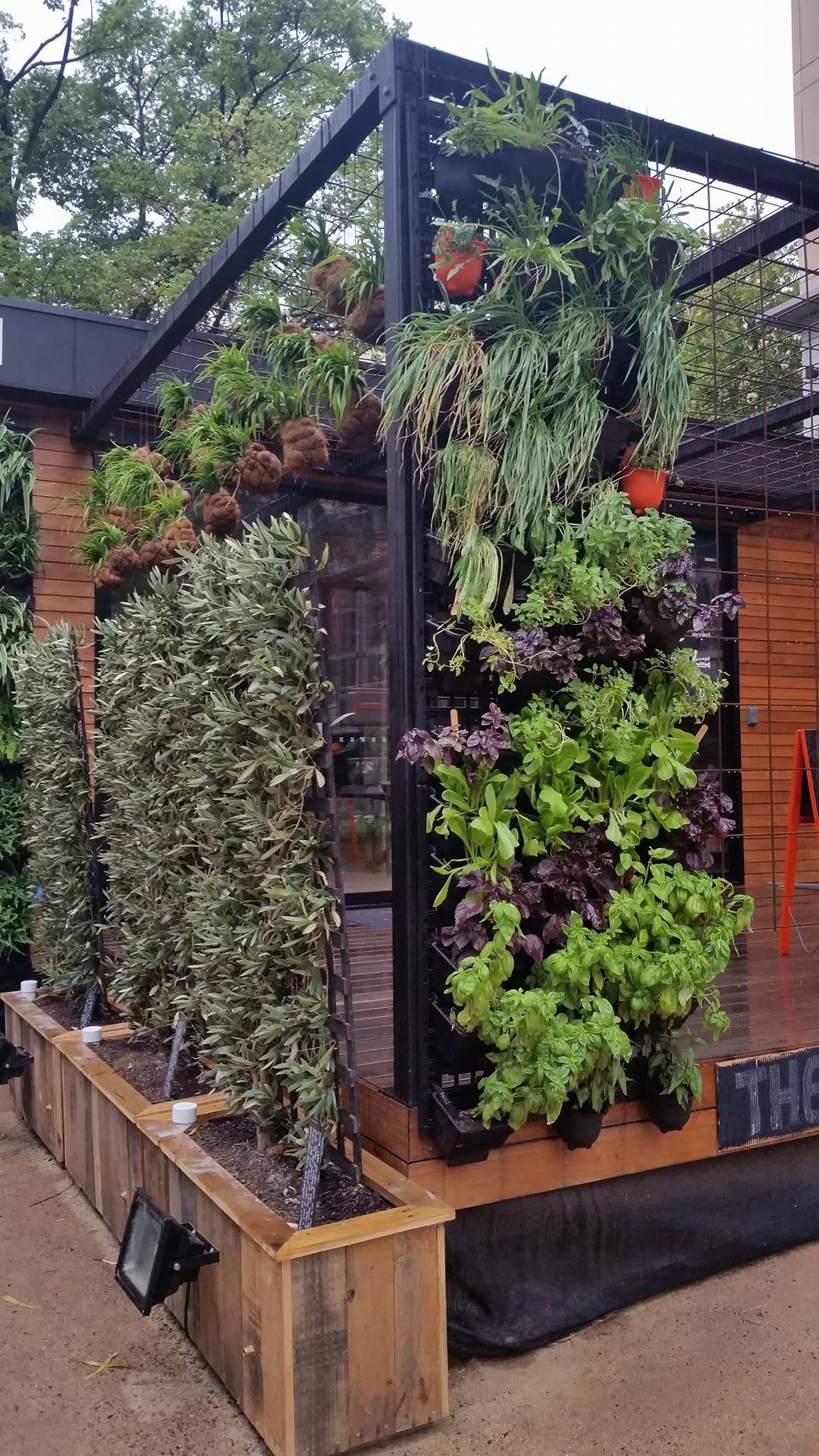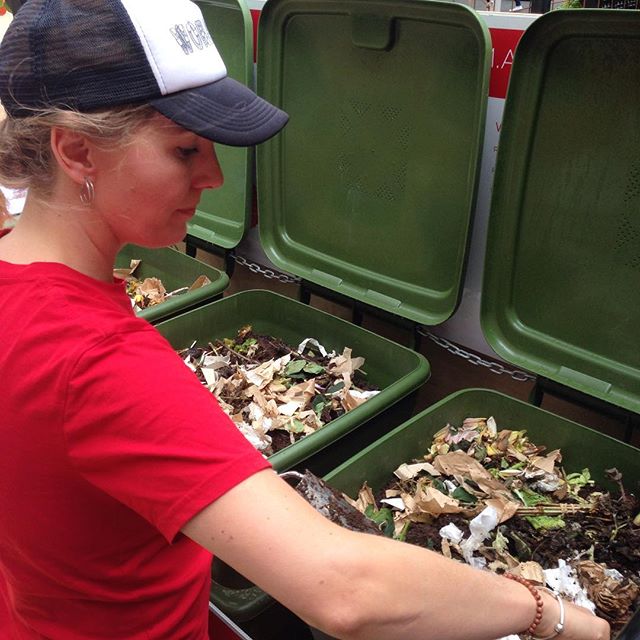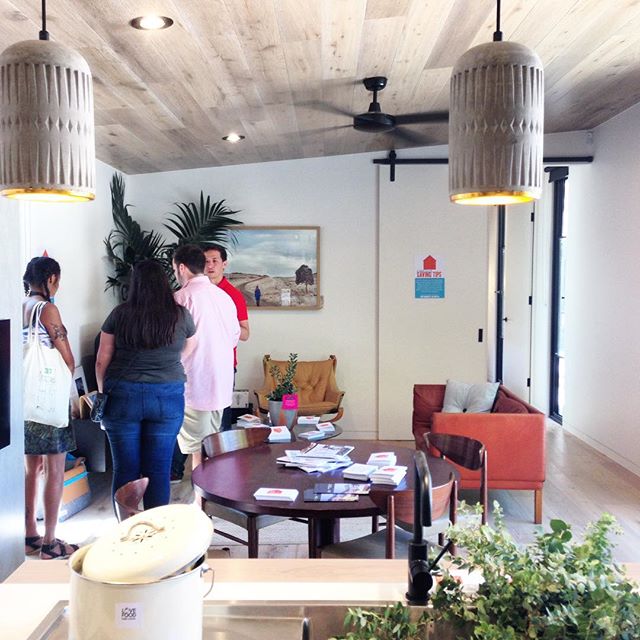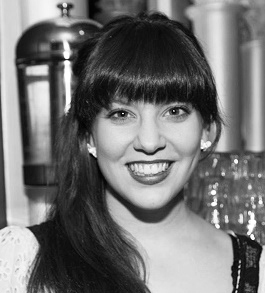Can you cut 1 Tonne of carbon pollution out of your life?
Take the challengeBeing mindful of the Earth in our everyday routine doesn’t have to be a strain on our savings.
Becoming more self-reliant for the sake of the environment starts with an open mind and an environmental community. The community at the New Joneses, and indeed the eco-friendly house itself, taught me a few ways I can reduce my impact on the environment. Here are five tips that will help get you started on a sustainable lifestyle.
1. Your money is a powerful tool for change
Is your money supporting fossil fuels? A growing community of people recognise that to keep average global temperature increases to under two degrees, investment needs to move away from the fossil fuel industry. Investing your money into an ethical, eco-friendly bank, such as Bank Australia, means that you can avoid your money being invested in the fossil fuel industry.
Bank Australia is playing its part to build a greener future: it invests money responsibly and is the only bank in the world to have a conservation reserve. And this year, it's partnered up with the New Joneses to show Australians how eco-friendly and stylish a home can be. Invest in the future and decide where your money can make the most difference.
2. You can grow a garden anywhere
Even the smallest of living spaces has the potential for a garden. The flourishing lettuce, tomatoes and herbs at the New Joneses house have showed visitors that growing your own produce requires nothing more than a blank wall and a rooftop, or perhaps a local community garden. Even a few well-placed pot plants can go a long way. Find a spot in your living space that receives six to eight hours of sunlight a day and you'll be growing food in no time.
The benefits of gardening extend to more than just eating home grown veggies. Studies have shown that gardening improves mental health and general wellbeing simply by engaging, immersing, and viewing the natural environment. In fact, 'horticultural therapy' has been known to benefit sufferers of Dementia and Alzheimer's disease. So give your blank walls, windowsills, and rooftops a green thumbs up and start planting!

3. Chickens and worms are pets that pay for themselves
Victorian households throw away 250,000 tonnes of food each year and yet food insecurity is a disturbing risk for millions of people. It is a worldwide contradiction that can be addressed by each of us as consumers. And perhaps we can make a few wriggly and feathery friends while we're at it.
Rather than throw away your food scraps, feed them to chickens, or to worms to make compost, and return the nutrients from your plate back into the soil. Worm compost is a high quality fertiliser that makes gardens thrive by providing rich nutrients to the soil, helping it retain moisture. And chooks produce nitrogen-rich manure that gardens love, as well as keeping eggs in high supply.
Chickens and worm farms are low-cost alternatives to throwing your food waste, and ultimately your money, into the bin. But budgets aside, keeping food waste out of the bin is also great for the planet. When dumped into landfills, organic material, such as food waste, produces methane – a greenhouse gas 25 times more toxic than carbon dioxide.

Image via The New Joneses
4. You can rethink your energy use
Some small changes to the way you use energy can reduce your environmental footprint and save you in the long run.
Switching to Powershop is one way to make your energy use more sustainable. Powershop offsets the emissions from all electricity that it sells, as well as offering green power for those that want to support renewable energy generation in Australia . It also lets you take control of your household energy by being aware of how much energy is being used and how much it is costing you with a handy app. With ready access to this knowledge, saving money is easy.
Investing in LED light bulbs is another way to reduce your energy use, potentially cutting lighting bills by up to 80%. And light bulbs are revolutionising, thanks to Sengled, which lit up the New Joneses house. Sengled has developed multipurpose, smart LED bulbs that incorporate built in JBL stereo speakers, WiFi boosters, and security cameras. They reduce household clutter and waste by taking away our need for more things, without sacrificing quality.
5. Second hand is not second best
The innovative mind behind the New Joneses, Tamara DiMattina, explained that in luxury hotels, we sleep in linen previously used by other patrons, and when we visit restaurants, we eat with pre-used utensils and crockery. Why then, do so many of us balk at the idea of second hand clothes or furniture? With the amount of 'stuff' that already exists in the world and our overflowing landfills, buying new seems a little redundant.
The New Joneses house was furnished with vintage furniture, their pots and pans were borrowed from a nearby restaurant, and many other essentials were sourced from pre-used places. So before you decide to buy new, check out your local op shop, find out if it can be rented, or swap or borrow with a mate. And in October, try taking part in Buy Nothing New Month and move away from our consumption-driven society.

Image via The New Joneses
Banner Image via Sustainability Victoria
READ THIS NEXT: Sleeping over at the New Joneses

